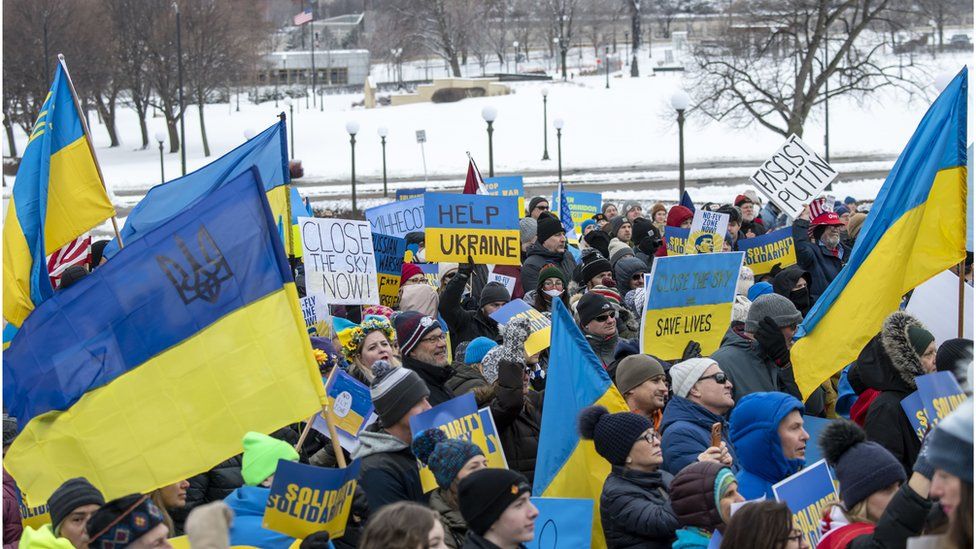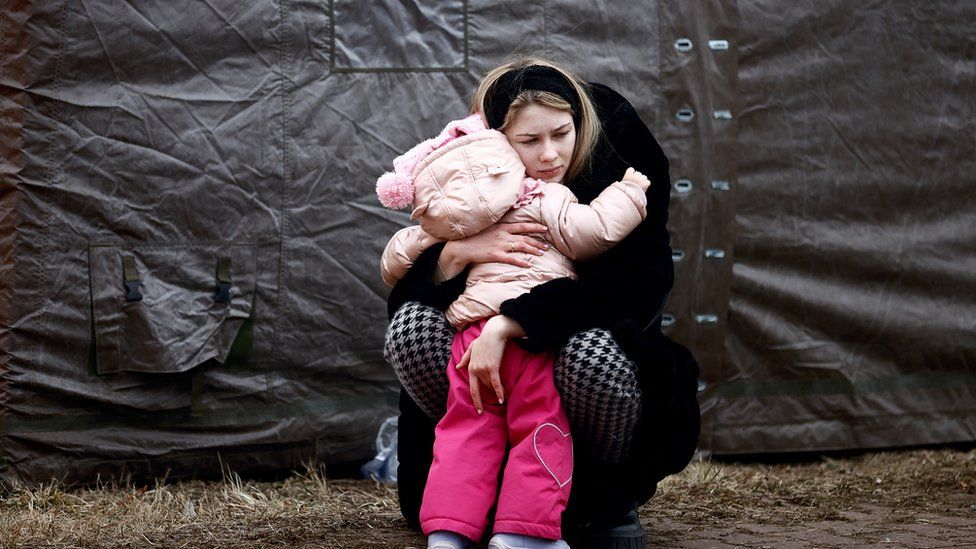Deplorable scam emails fake fundraising for Ukraine

The UK’s national fraud reporting centre is warning about fake emails pretending to raise money for victims of the war in Ukraine.
Action Fraud has received 196 reports of bogus requests to fundraise for victims of the crisis.
Scammers use a variety of methods to con donors, including selling charity T-shirts, it says.
Some are even pretending to be Wladimir Klitschko, whose brother Vitali is mayor of Ukraine’s capital, Kyiv.
Action Fraud has shared advice about how to detect the scams:
- Never click on the links or attachments in suspicious emails or respond to unsolicited messages asking for personal or financial details – even if they are in the name of a charity
- To donate online, type in the address of the charity website rather than clicking on a link
- Be cautious when donating to an online fundraising page – fake ones are often badly written or contain spelling mistakes

A representative said: “The links in the emails lead to malicious websites that are designed to steal your money and personal information.
“When donating, check the charity’s name and registration number on the government’s website.
“Most charities with an annual income of £5,000 or more must be registered.”
According to the Charity Commission, the most efficient and helpful way to support those in need is to give money to established, registered charities with experience delivering humanitarian aid.
Details of charities can be checked by searching the Charity Commission register.
????We’ve received 196 reports about FAKE emails purporting to raise money for those affected by the crisis in #Ukraine. Some of the emails even claim to be from Wladimir Klitschko ????
✅Report suspicious emails by forwarding them to: report@phishing.gov.uk#CyberProtect pic.twitter.com/TnfPW1FQ9M
— Action Fraud (@actionfrauduk) March 22, 2022
The National Cyber Security Centre (NCSC) also operates a service to let people report emails they suspect are scams or attempts to phish their confidential information.
It told BBC News scammers were using the situation in Ukraine to defraud people wanting to help.
“This is wholly deplorable and sadly typical of fraudsters who exploit current affairs to try to trick people,” the NCSC said.
“People should be especially vigilant for any suspicious emails or texts that use topical events and report them to the NCSC.
“If found to be malicious, we will take appropriate action to remove these websites.”
Crypto cons
Scammers often email out fake QR codes and GoFundMe accounts to trick people into following malicious links.
Crypto-currency phishing emails ask people to donate Bitcoin or Ethereum.
And criminals provide addresses they falsely claim are connected to the Ukrainian government.
Which? money editor Jenny Ross told BBC News: “Fraudsters will use every trick in the book to try and get victims to hand over their money and sensitive personal information, so people should be on high alert for fake emails and social-media posts from scammers taking advantage of the crisis in Ukraine.
“If you are in any doubt about the legitimacy of an email, then report it and delete it.
“For those wanting to make a donation, it is important to carry out extra checks to ensure it goes to a reputable and recognised charity appeal.”
Scammers might also approach people on the street or knock on their door asking for donations for Ukrainian refugees.
Action Fraud advises people to ask to see the collector’s ID badge and check if they have a licence to fundraise with the local authority.

War in Ukraine: More coverage




